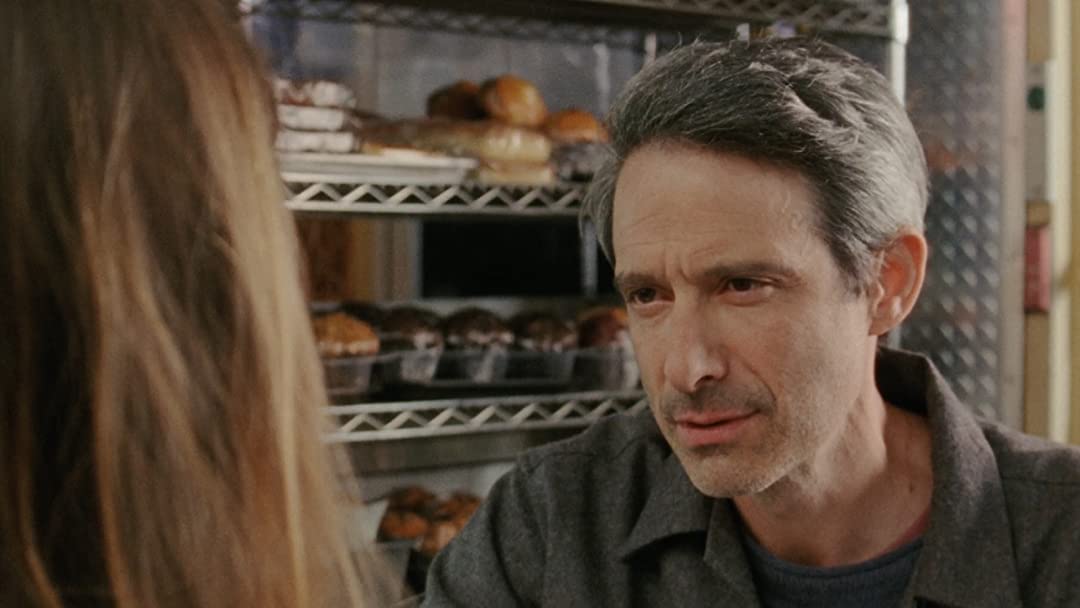
Golden Exits
Golden Exits is a confused film, not in plot but also in its execution. As a viewer you don’t get the sense of a three-act structure, but more of a day-to-day travel log that starts abruptly and ends just as suddenly.
It revolves around a young Australian girl named Naomi (played by Emily Browning) as she moves to New York for the summer to work as archivist for a married man named Nick (played, interestingly enough by Ad Rock of the Beastie Boys) whose advances toward her make their working environment tense if anything else. Along the way she meets Buddy, another married American fellow who she actually takes an interest in. Meanwhile, the wives of these men sit and wonder if their men are still faithful to them in the face of the enormous temptation that Naomi presents. Along for the ride is Alyssa’s sister Gwendolyn, whose hatred of Nick and his past infidelities is so tantamount that it feels as though it’s dripping right through the screen.
Months pass and the movie teases the audience mercilessly over whether or not Nick/Buddy will eventually sleep with Naomi, while the long suffering wives/sisters-in-laws of these men sit with their friends and pontificate about life, romance, and many other subjects that populate the frame of mind of the typical chatty art house character.
The main conceit of the film is the question of whether or not couples can sustain a loving, and loyal relationship in the long term or if they’ll simply ‘exit’ at the first sight of another, younger sexual partner. We’re given characters like Buddy and his wife Sam, who remain hopeful and even behind closed doors seem to genuinely love each other, and then people like Nick and his wife Alyssa whose romance is so completely nonexistent that it makes one wonder why they’re even together in the first place. At the center of it all is Naomi. She is both the first, and last thing we ever see in this film, and most conversations are either with her or are directly about her.
But she’s far from heroic or noble, she just seems to be there to fill the role of “the temptation” and indeed, though she refuses Nick’s advantages she has no qualms whatsoever about having an affair with Buddy, whose faithfulness to his wife is one of the few moments of heroism in the whole piece. In fact, aside from Buddy, none of these characters are presented as particularly good, they just live their often self absorbed lives and we’re simply supposed to view it.
The style of Golden Exits is pure 90’s mumble core, no one emotes very heavily besides an evil look here and there, and every scene is merely a conversation being held in a sparsely decorated room. There are no flourishes in the deco, the camera movement, or even the music, imagine if you can a Wes Anderson film but with the colors, all traces of humor, and the 70’s soundtrack all thrown out.
Overall, it’s a somber film that gives us characters with no real redeeming qualities; it shuns the usual narrative in favor of a slice of life approach to storytelling, going at a very slow but deliberate pace. It does not even attempt to answer any of the philosophical questions it throws at us like a barrage of stones, but simply leaves us with the pieces. Just like Naomi’s transient stay in New York City, it comes, baffles, entices, but then exits as about as nonchalantly as it entered.
